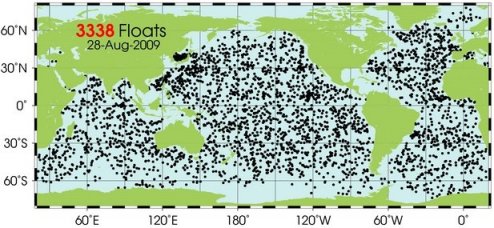I am a nuclear chemist. I chose to be a nuclear chemist because studying the nucleus fascinates me. It’s amazing enough to study something we can never hope to actually see, but the fact that the nucleus is shrouded by clouds of electrons makes the job all the more fun.
Because I am a nuclear chemist, there are certain things I don’t want to believe. For example, I don’t want to believe quantum mechanics is wrong just because it is incompatible with general relativity. Don’t get me wrong, I don’t want general relativity to be wrong, either. Black holes, white holes, and wormholes are just far to fun to ever want to give up! Nevertheless, if I have to choose one of those two theories to be wrong (because they are incompatible), I will to choose general relativity, because quantum mechanics works so incredibly well when it is applied to small things like the nucleus.
For a long time, there was something else I didn’t want to believe. I didn’t want to believe that the half-lives of radioactive isotopes could change. It seemed so clear to me at the time: radioactive half-lives depend on the energetics of the nucleus, and the energy levels in the nucleus are (roughly speaking) about 100,000 times that of the electrons in an atom. Thus, if nature exposes a radioactive atom to stress, the electrons should be the ones that deal with the stress, not the nucleus. The nucleus is under the electron cloud, and it deals in energies that are so much greater than electron energies, that the electrons effectively “shield” the nucleus from being affected by most of the stress that nature can throw at it.
Over the years, however, the data have drug me (kicking and screaming the entire way) to the point where I have to admit that radioactive half-lives can change, and in some cases, they can change quite substantially.


